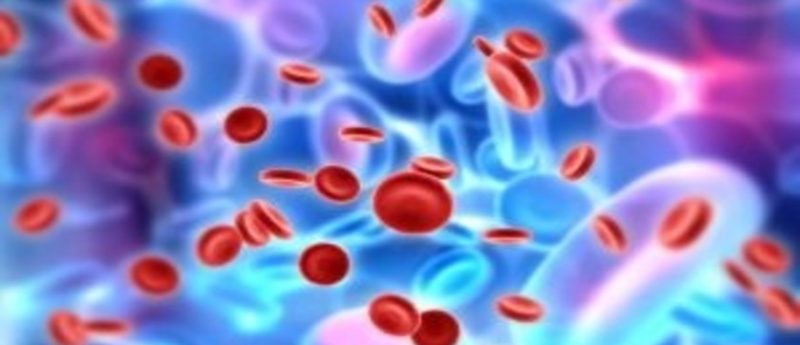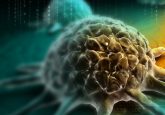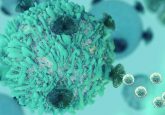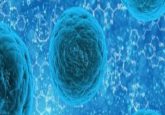Sensitivity to glucose metabolism offers a potential therapeutic opportunity in leukemia

A study comparing nutrient consumption in hematopoietic stem cells (HSC) and leukemic cell populations identified a low tolerance to shifts in energy supply in cancer cells compared with their counterparts.
The research was led by Harvard Stem Cell Institute scientists at the Massachusetts General Hospital Center for Regenerative Medicine and the Harvard University Department of Stem Cell and Regenerative Biology (both MA, USA). The findings of the study, recently published in Cell, suggest a novel opportunity for leukemia treatment while preserving HSC function.
“It’s been known for decades that cancer cells use energy differently than most cell types,” commented senior author David Scadden. “So we thought, maybe there are metabolism differences between blood stem cells and their immediate descendants; and are they so different from cancer that you might able to manipulate energy sources with something that could have an effect on cancer and not harm normal cells?”
Scadden’s team started by examining HSCs and blood progenitors by modifying their nutrient uptake in two ways: via a glucose on–off switch and through subtle adjustments that increase and decrease glucose levels. Turning off the glucose switch caused the HSCs to die while increasing the glucose levels affected the normal energy production in progenitor cells.
The group went on to introduce the genes that induce chronic and acute leukemia and subjected these cells to the same glucose manipulations as their non-cancerous counterparts. The findings revealed that leukemic cells were sensitive to different glucose levels as well as the glucose on –off switch. This is probably due to the singular way cancer cells handle glucose while the HSCs remain unaffected due to distinct metabolism mechanisms, creating a unique opportunity to intervene.
Companies are currently developing drugs that target cancer metabolism primarily in solid tumors. Although, more research is needed to determine whether other cancer types have similar metabolism sensitivity, the results of this study are promising and open doors to industry partnerships for the generation of new treatments.
“One of the major hurdles for cancer therapy is that while the drugs are effective in killing cancer cells, they are toxic to normal cells,” explained first author Ying-Hua Wang of Harvard University. “In this study, we found a way to differentiate sensitivity between normal and malignant cells, suggesting a potential therapeutic angle.”
Sources: Wang Y-H, Israelsen W J, Lee D et al. Scadden. Cell-State-Specific Metabolic Dependency in Hematopoiesis and Leukemogenesis. Cell 158 (6), 1309-1323 doi: 10.1016/j.cell.2014.07.048 (2014); Harvard University press release





